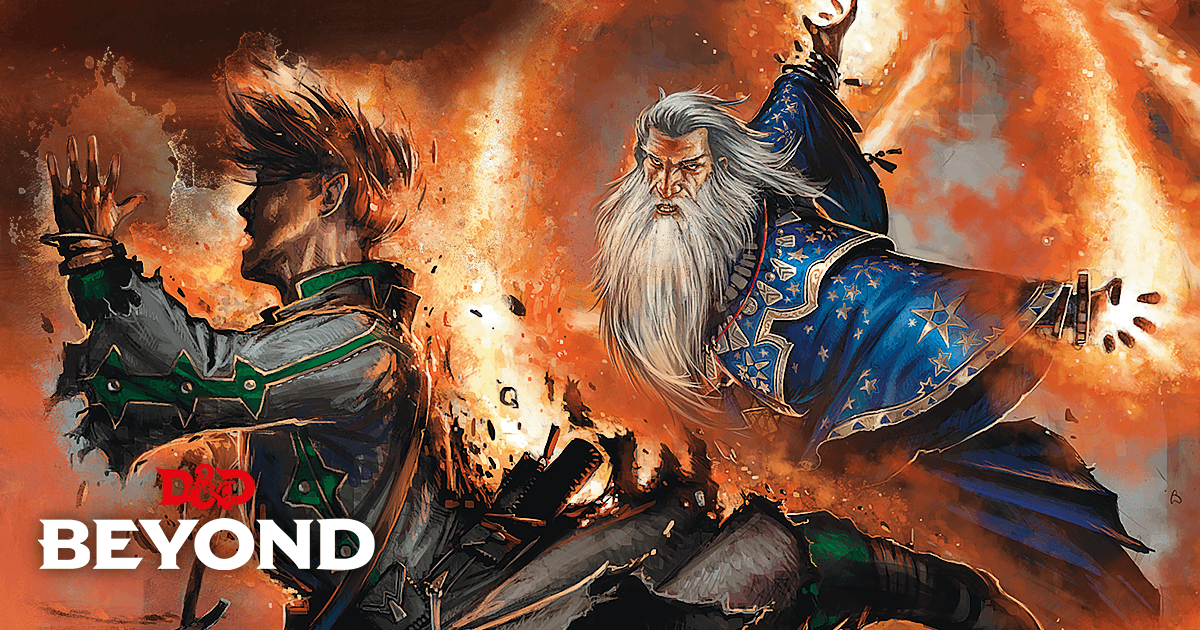clearstream
(He, Him)
Absolutely. My comment is silent on whose version of what we know should prevail, or by what process. My experience is that it varies by group, their purposes in play, chosen system, and aspects or subjects to be settled.Suppose that you imagine Sherlock getting dressed in the morning and putting on socks. But I, based on my beliefs about how eccentric Victorian gentlemen might dress, imagine him putting on hose.
To the best of my knowledge of the Holmes stories, nothing has ever turned on which of our imaginings might be a correct account of the fiction. But in a RPG it might turn out to matter: if the character is wearing hose they can use them to bind a NPC's hands; but socks are a bit short for that purpose. In that case, how do we settle this?
My view is: the same way we settle what a character might know about the colour of the ceiling (of their inn; of their childhood bedroom; of the king's throne room; or whatever other bit of unspecified detail suddenly turns out to matter in play).
I think the default is a check. Or the GM can easily enough yield to the player, who probably has more at stake - after all, if it has turned out to matter in play than a PC is probably in trouble, or trying to achieve something. I think a GM who unilaterally imposes their conception is running needless risks.




